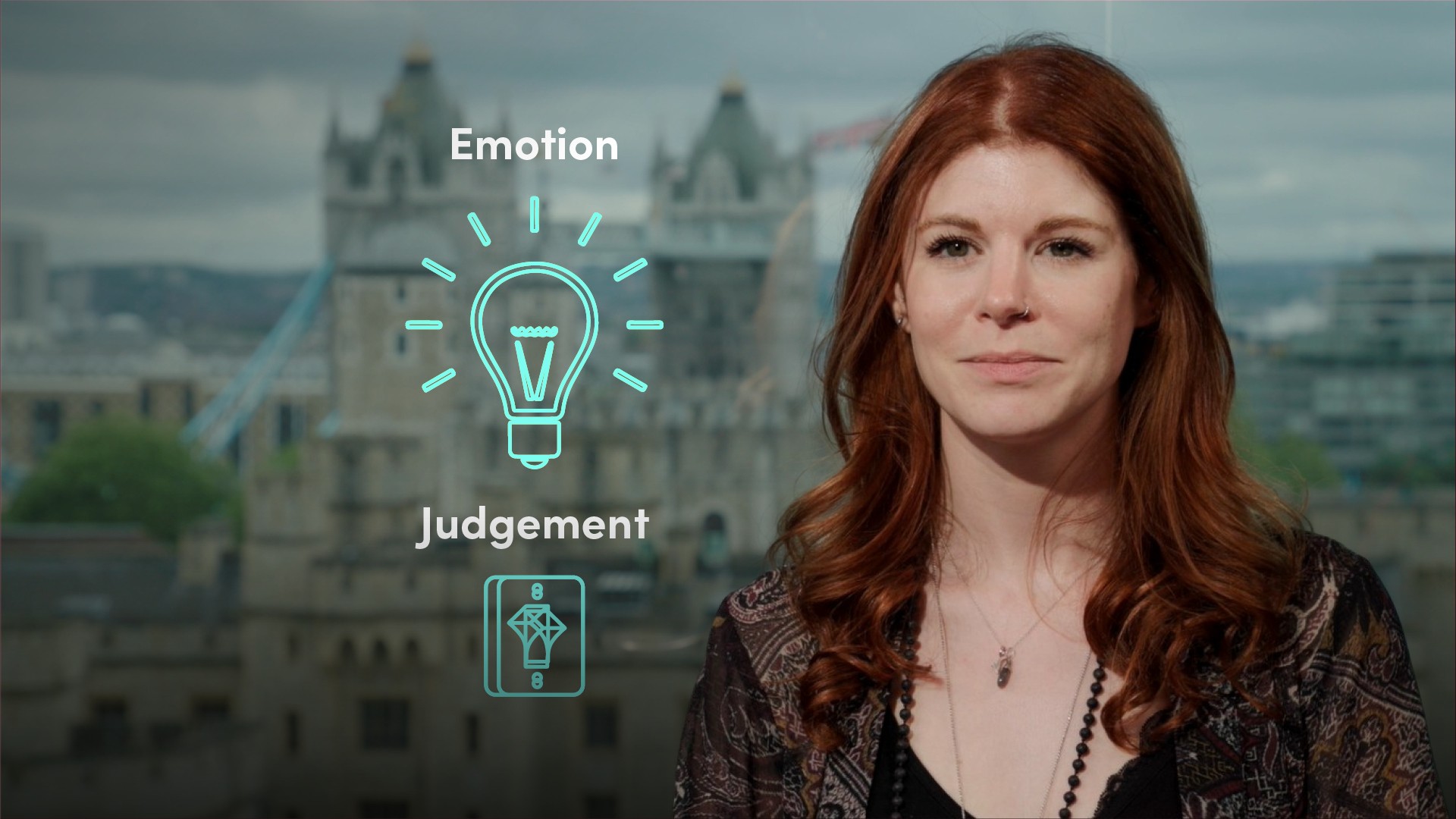
Responsible Communication

Vix Anderton
Wellness & productivity specialist
The language we use is important to take care of any relationship. This video helps us identify some of the ways we don’t take responsibility in our relationships.
The language we use is important to take care of any relationship. This video helps us identify some of the ways we don’t take responsibility in our relationships.
Subscribe to watch
Access this and all of the content on our platform by signing up for a 7-day free trial.

Responsible Communication
3 mins 18 secs
Key learning objectives:
What is nonviolent communication?
Identify some of the ways we don’t take responsibility in our relationships
Overview:
The language we use is important to take care of any relationship.
Subscribe to watch
Access this and all of the content on our platform by signing up for a 7-day free trial.
Nonviolent communication (NVC) is also known as compassionate or collaborative communication and was developed by clinical psychologist Marshall Rosenburg. Nonviolent here means empathetic and seeking not to hurt others with our words. For example: Saying to someone, You made me mad! is really just blaming somebody else for your feelings of anger. And this, we’d call violent communication in that it’s intended to hurt the other person. On the other hand, saying to someone When you shouted at me, I noticed I felt angry, is considered non-violent communication and very much owns your experience. You are now speaking from your own experience and using “I” statements.
‘I’ statements tend to place responsibility on you, the speaker, and they help clarify your position, feelings or opinions. They build trust by giving others information about yourself and are often less threatening.
‘You’ statements, on the other hand, tend to place blame or put people down and come off as being accusatory or preachy. This usually elicits a negative or defensive response. For example, “I couldn’t understand what you said” will generally land better than “You didn’t make any sense”. You could try “I missed having your input at the meeting” rather than ”You didn’t care enough to come to the meeting”.
Distancing language or generalisations are other common ways we hide from saying how something is really affecting us. “You know when you get really frustrated when people are late.” “Don’t you hate it when…” “Everyone knows life is hard.”
One way we sneak judgements in, whilst sounding like we’re using I’ statements is “I feel like…”. That little ‘like’ switches this from sharing an emotion to sharing a judgement. I feel like you’re ignoring me is not an emotion! “I notice I feel sad because I imagine you’re ignoring me” is much more likely to get you the result you want. “I notice” is a powerful way to be a little more objective about what’s happening.
Subscribe to watch
Access this and all of the content on our platform by signing up for a 7-day free trial.

Vix Anderton
There are no available Videos from "Vix Anderton"





























